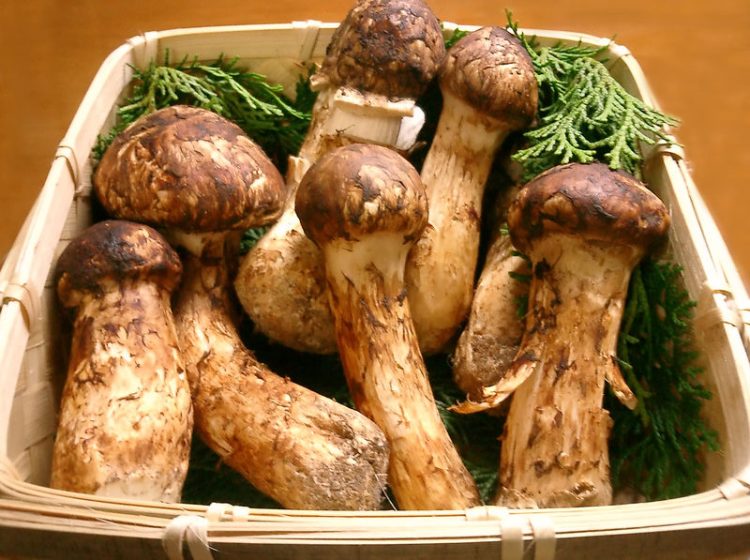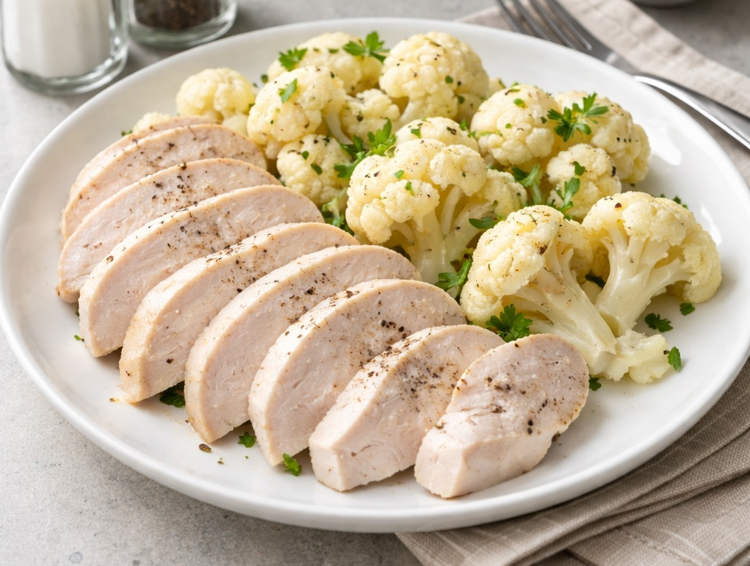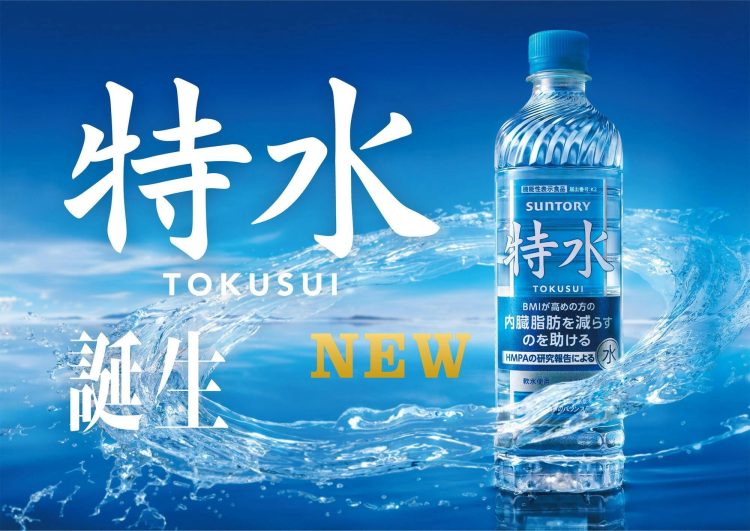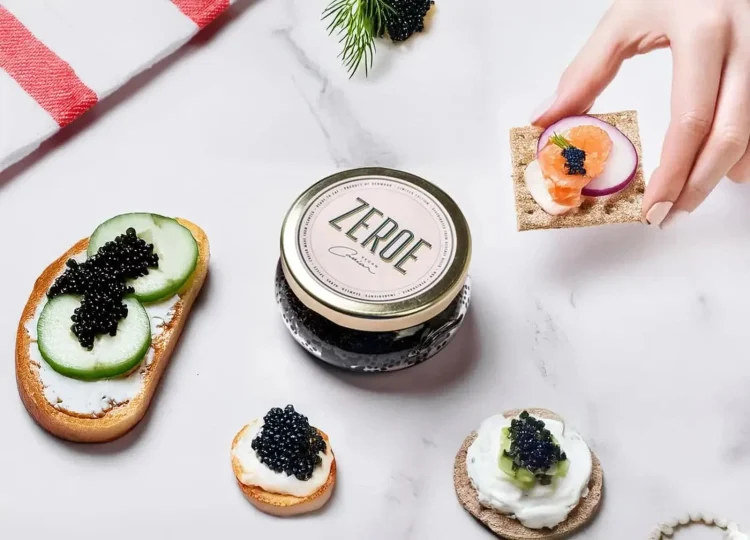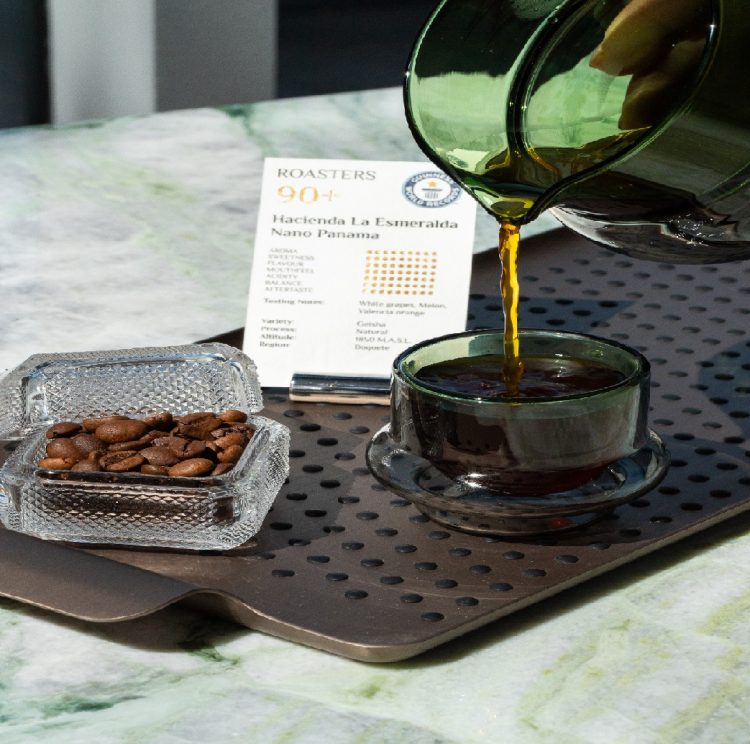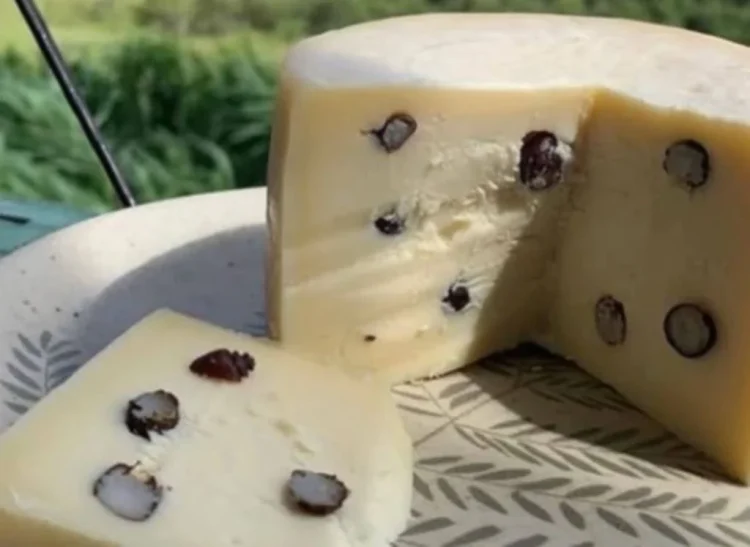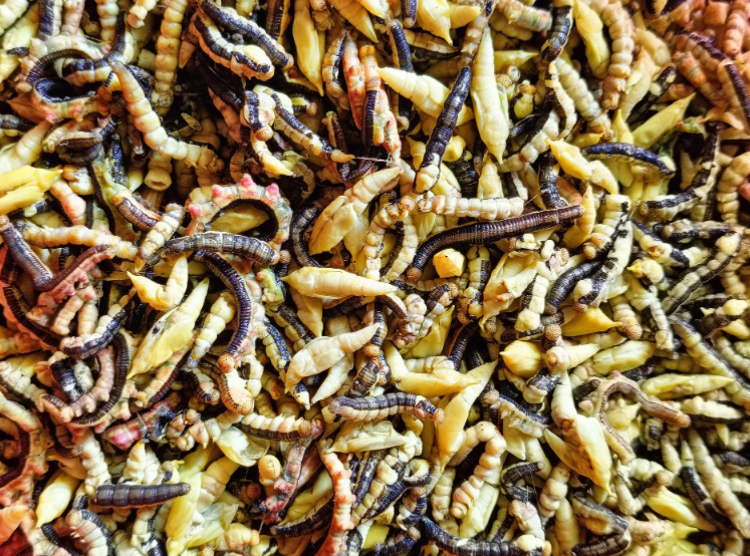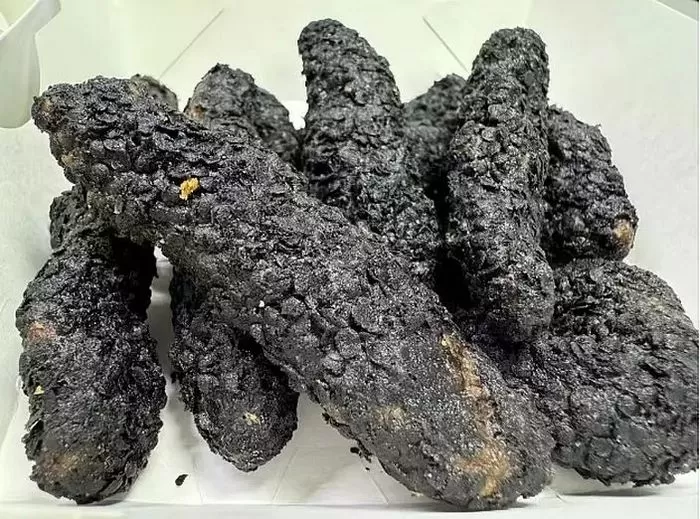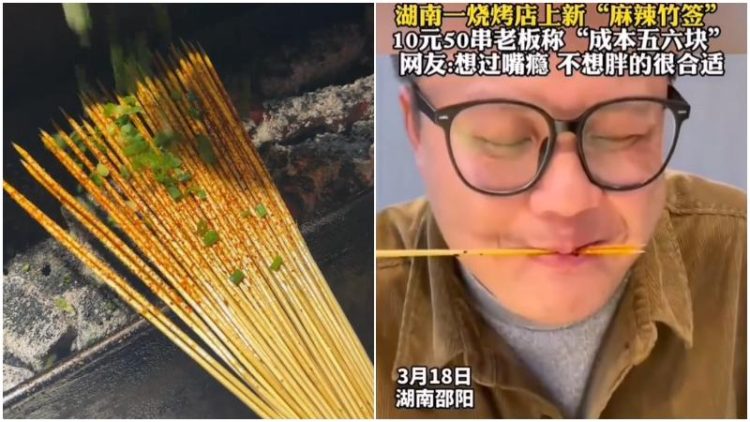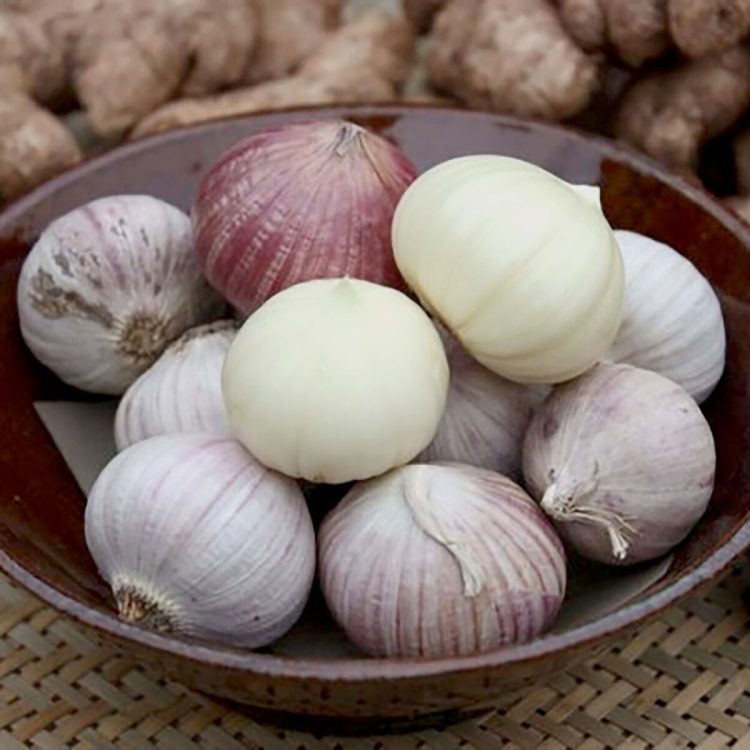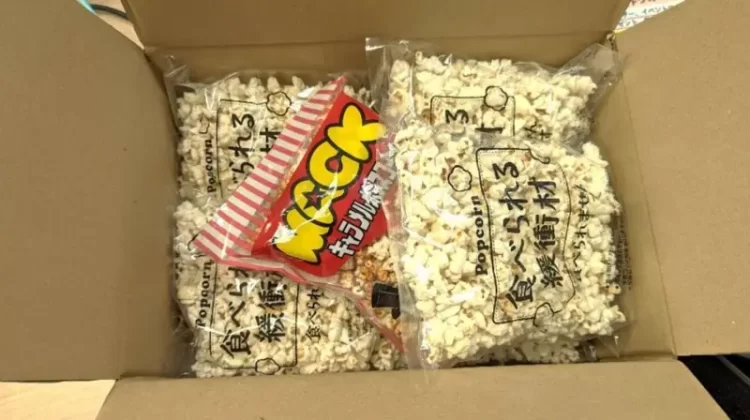Japanese matsutake mushrooms are the most expensive mushrooms in the world. Fetching up to $500 per pound, they rival truffles and are considered one of the most valuable ingredients of Japanese cuisine.
Matsutake, or mattake mushrooms grow on the Korean Peninsula, in China, and even in the United States, but only the ones harvested in Japan, especially around the Kyoto area, fetch truly mindblowing prizes. While imported Matsutake can cost around $50 per pound or less, Japanese mushrooms can cost up to ten times as much. To help Japanese buyers discern between imported and home-grown matsutake, Japan has a law that requires imported mushrooms to be washed of dirt before commercialization, while the domestic variety has a rough, grubby appearance. Japanese matsutake are prized for their strong aroma, meaty texture, and earty taste.
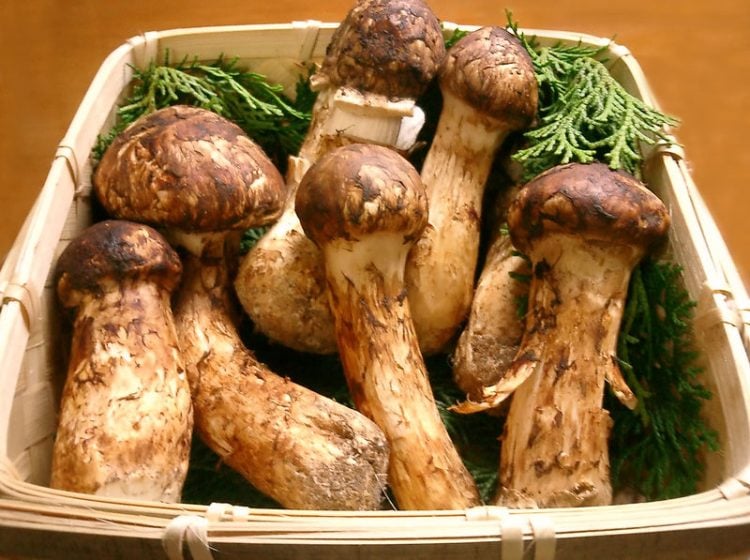
Photo: Tomomarusan/Wikimedia Commons
The price of Japanese matsutake mushrooms is influenced by a variety of factors. First, there is the scarcity. Over the last 70 years, the yearly harvest has dropped by a whopping 95 percent, making it a rare delicacy. Combine that with the fact that the mushrooms are only harvested once a year, in September or October, and the threat of an invasive worm that destroys the mushroom’s habitat, and you start to understand the insane prices people pay for these mushrooms.
Less than 1,000 tons of matsutake are found each year. They grow on the trees of red pine trees and have to be hand foraged in the wild by people who actually know hoe to find them. Because of their brownish color, matsutake mushrooms tend to blend very well in the autumn foliage, so unless you know exactly where to look for them, you can walk right past them and not notice them at all.
Cultivating matsutake artificially has so far proven unviable, as they have a truly symbiotic relationship with red pine trees. They are also extremely sensitive to weather changes. Too hot, and insect infestations affect the harvest, too dry, and they simply won’t grow. This makes the market for matsutake mushrooms very volatile, with prices reaching $500 per pound.
Obviosuly, the quality of the mushrooms as an ingredient is also a factor. Japanese matsutake are served in fine dining establishments all over Japan, in soups, with rice, or simply grilled over charcoal and served with salt.
Are matsutake worth their eyewatering price? That’s a tough question to answer, because taste is subjective, and if people are willing to pay a premium to enjoy the taste of an increasingly rare treat, who are we to argue?

